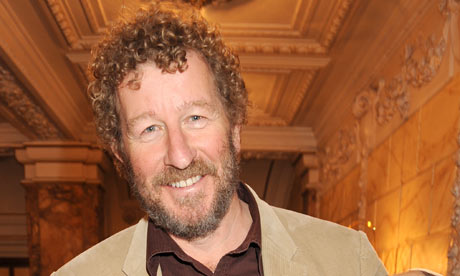
Author Sebastian Faulks has been bemoaning the literary and creative deficiencies of the Qur'an. He reportedly called the holy book of Islam "one-dimensional" and drew unfavourable comparisons with the "incredible stories" of the Old Testament.
While it would be too easy to say "pot, kettle, black" in response to his grievances, there are some points he has overlooked. The Qur'an is neither a bedside read nor a Booker entry – I won't be packing it in my hand luggage before I go to Tunisia this weekend. It is, for Muslims, a blueprint for everyday life, with guidance on subjects such as divorce, the day of judgment and everything in between. So if it reads like a rulebook, that's because it is.
The Qur'an was not written in English, nor is it normally read in English, so of course the scriptures lose something in translation. Should Faulks want to fully appreciate and experience the Qur'an, he should brush up on his classical Arabic. Most, but not all, of the Qur'an's stories are based on tales from the Old Testament, so if he thinks the Qur'an is a bit rubbish at capturing the imagination, then it follows the Bible is a bit of a let-down too.
The Qur'an also has stories not found in other Abrahamic traditions, stories featuring winged steeds and tours of the heavens that have captivated and inspired hundreds of millions of Muslims. One example is the tale of Isra and Mi'raj – a nocturnal journey referred to in the Qur'an. It sees Mohammed travelling on a flying horse from Mecca to Jerusalem, where he leads other prophets in prayer. He then tours the heavens, speaking with prophets who preceded him, before the angel Gabriel takes him to Allah. Allah tells Mohammed that Muslims must pray 50 times a day. On the advice of Moses, Mohammed returns to Allah, saying the figure is high and asks for a reduction. Eventually Allah whittles down the number of prayers to five a day. Mi'raj is a crucial story, reminding Muslims that their obligations could have been far greater and that they would have had less time for other pursuits – catching up with Sebastian Faulks novels, for example.

